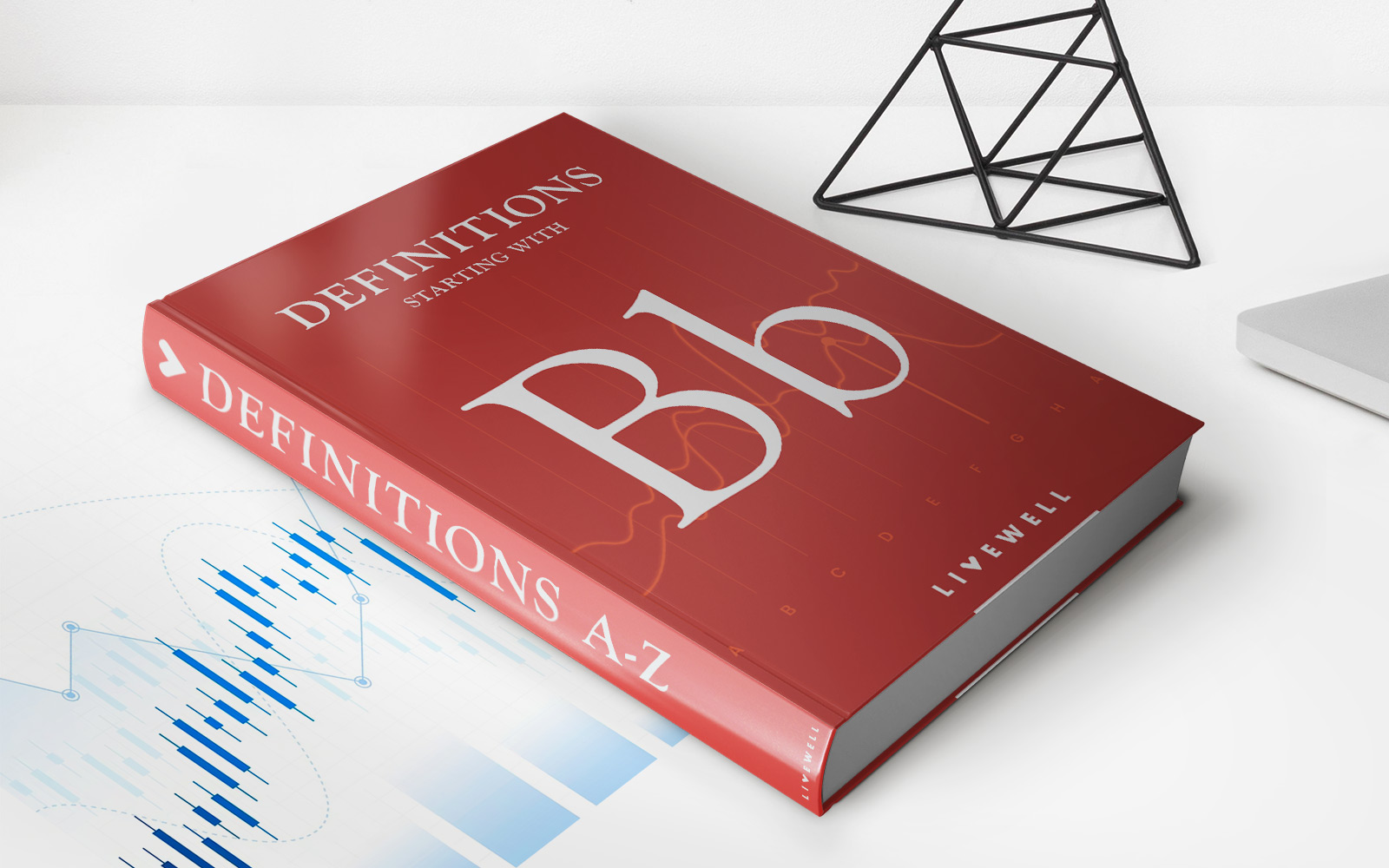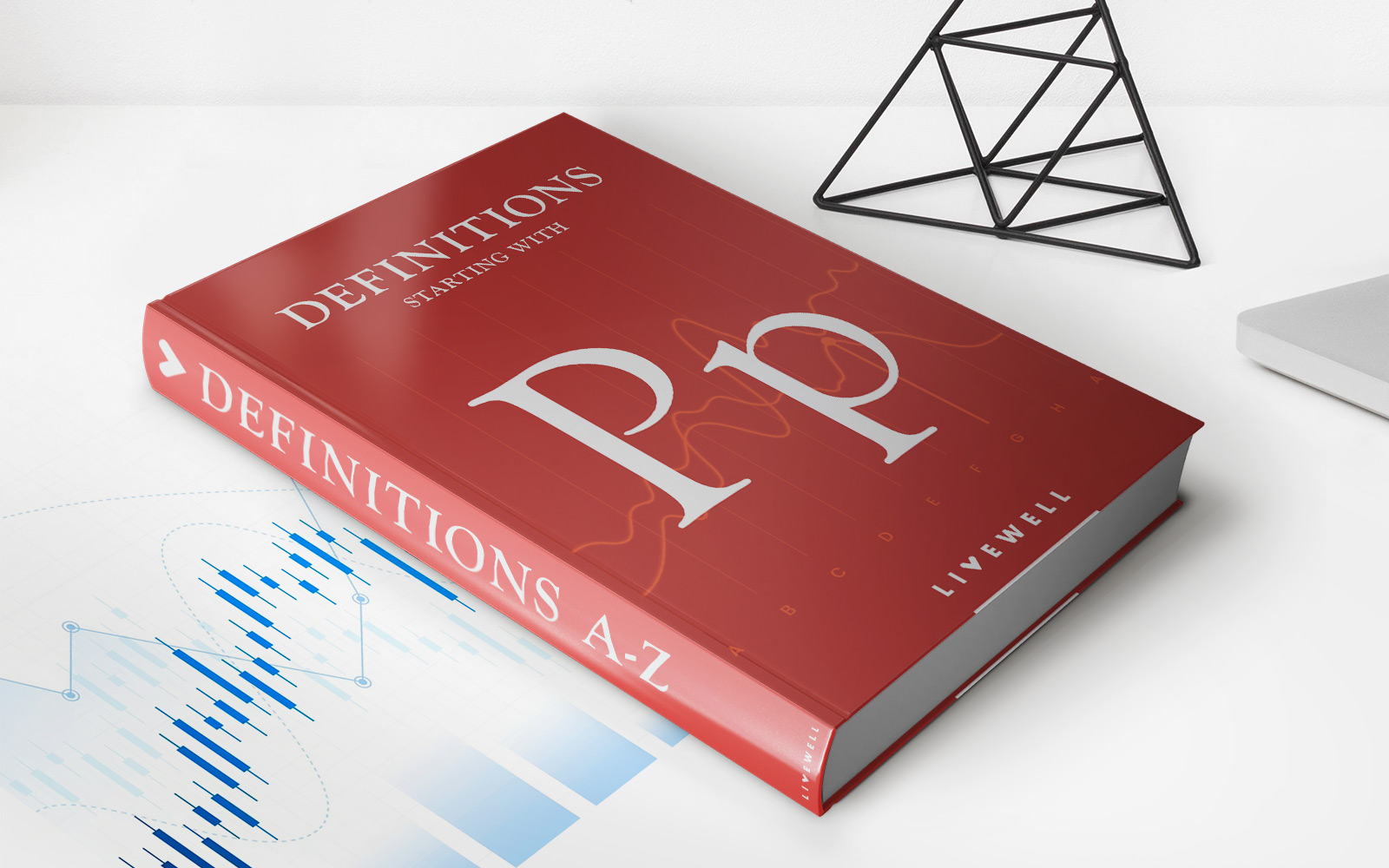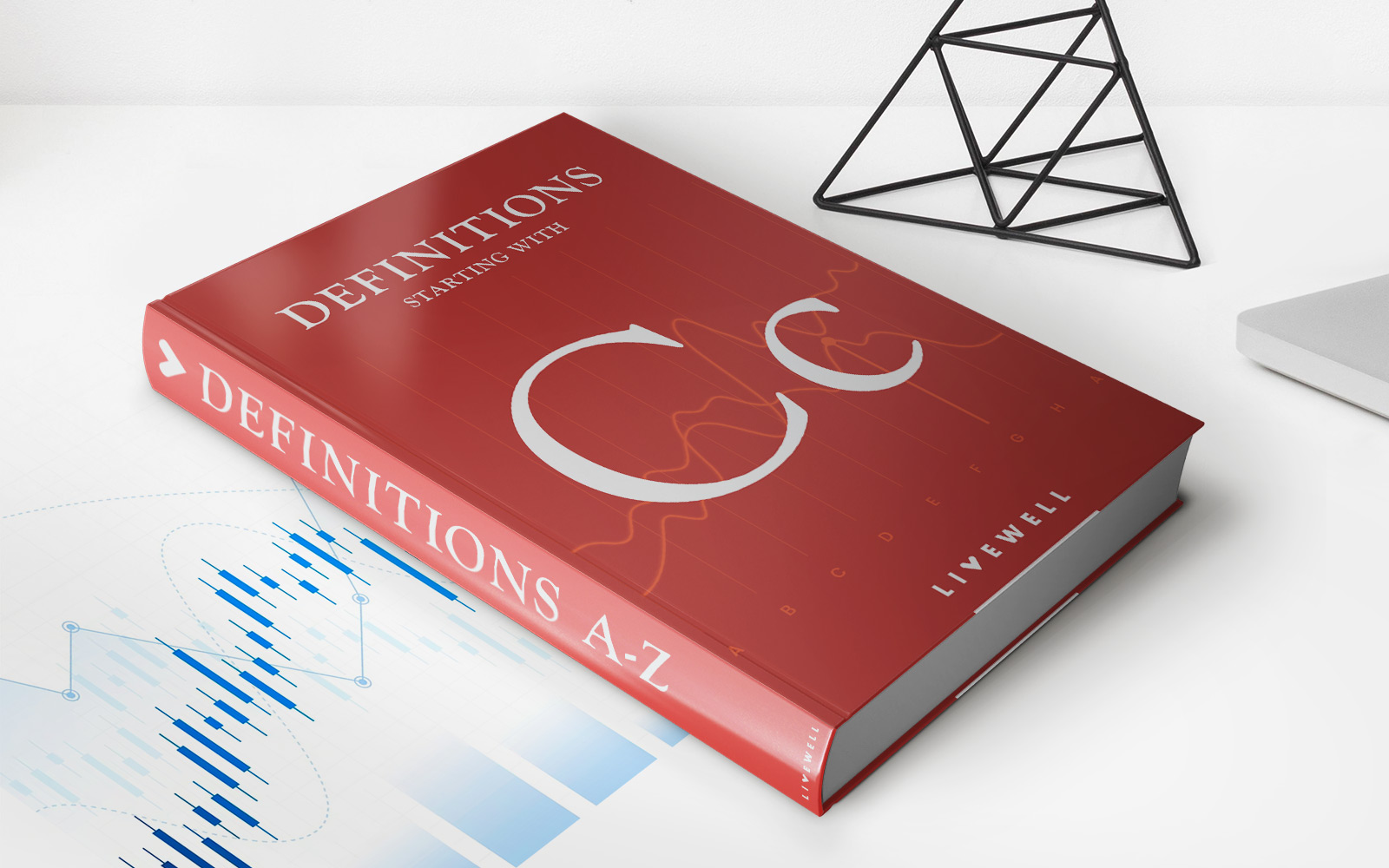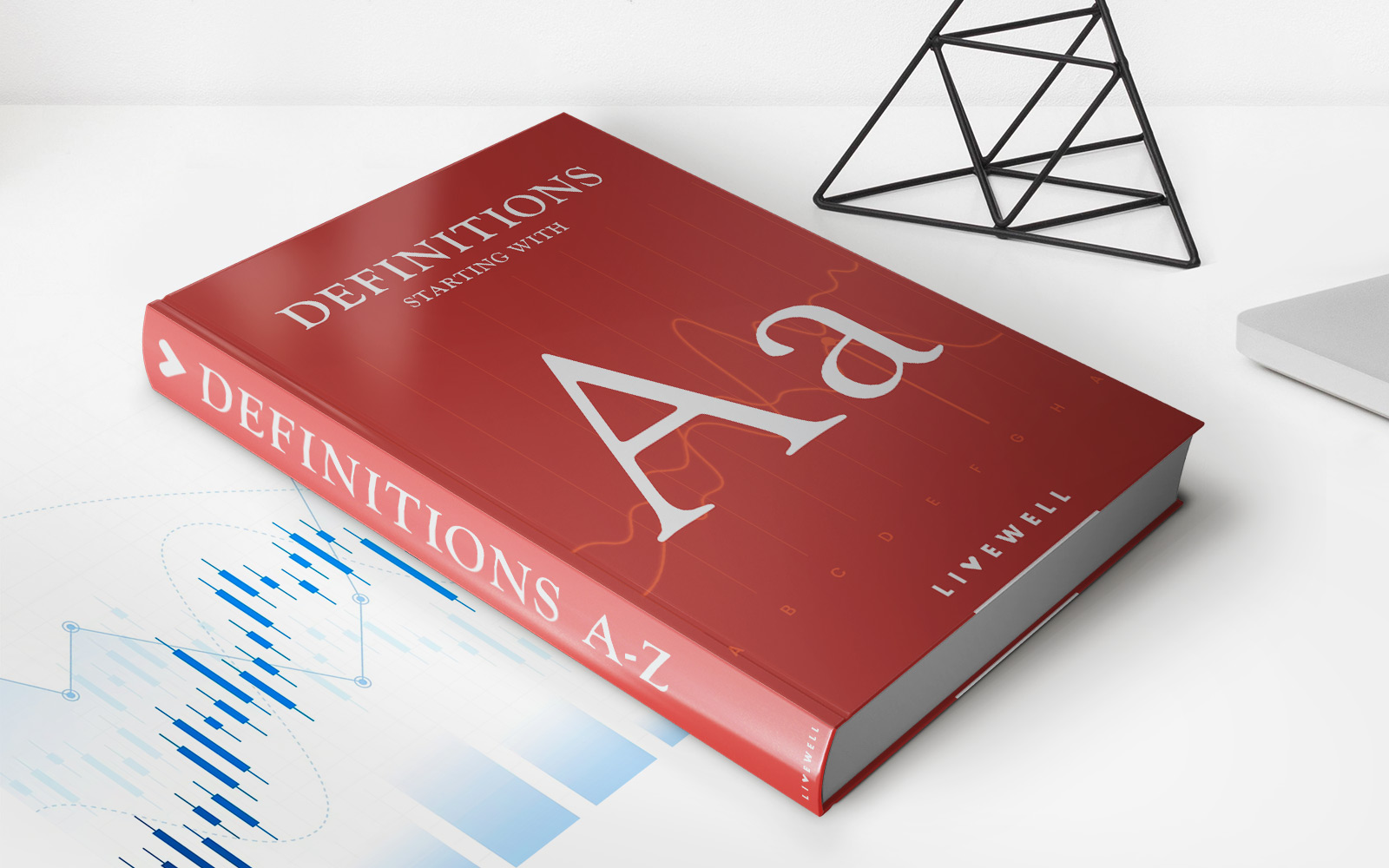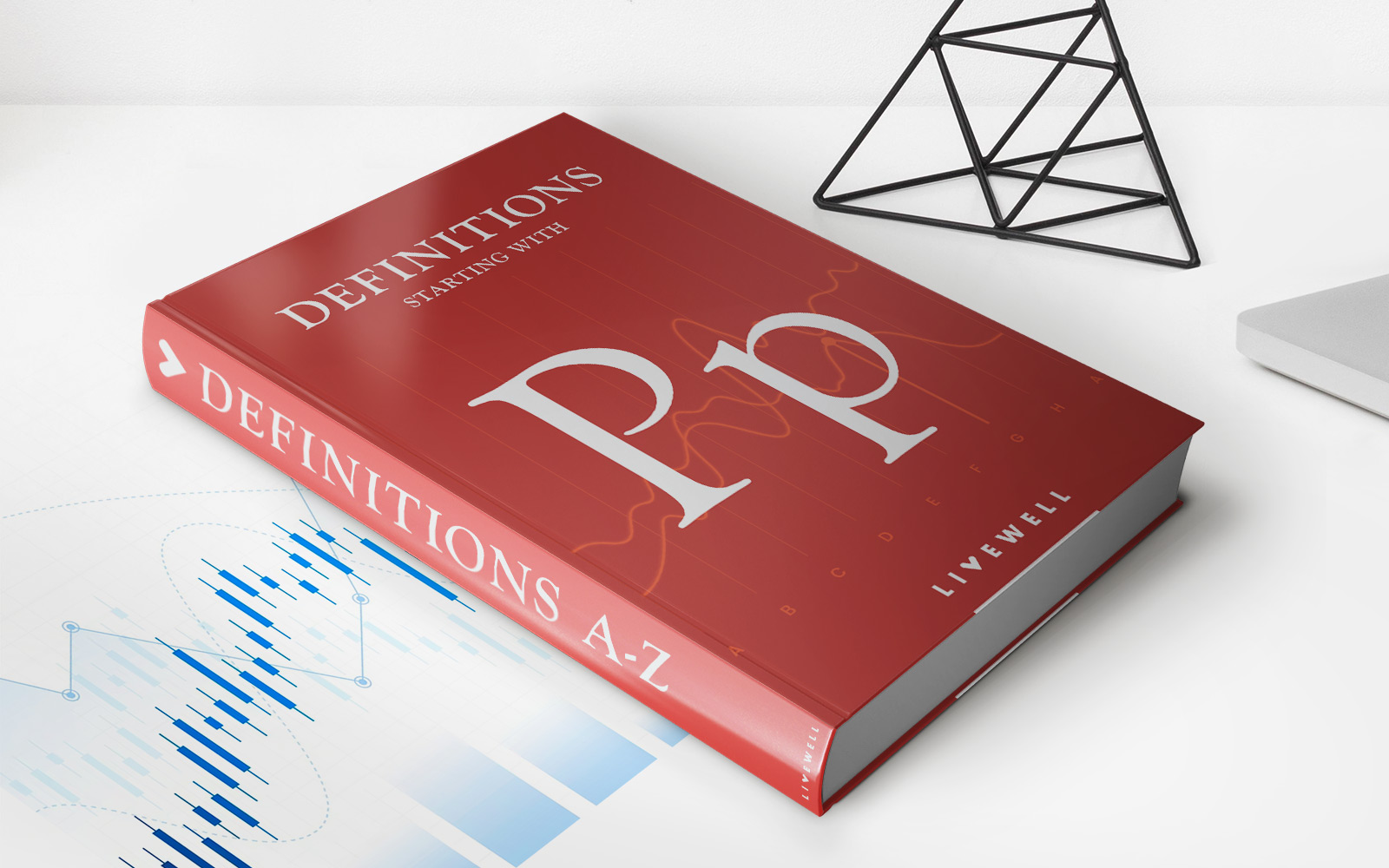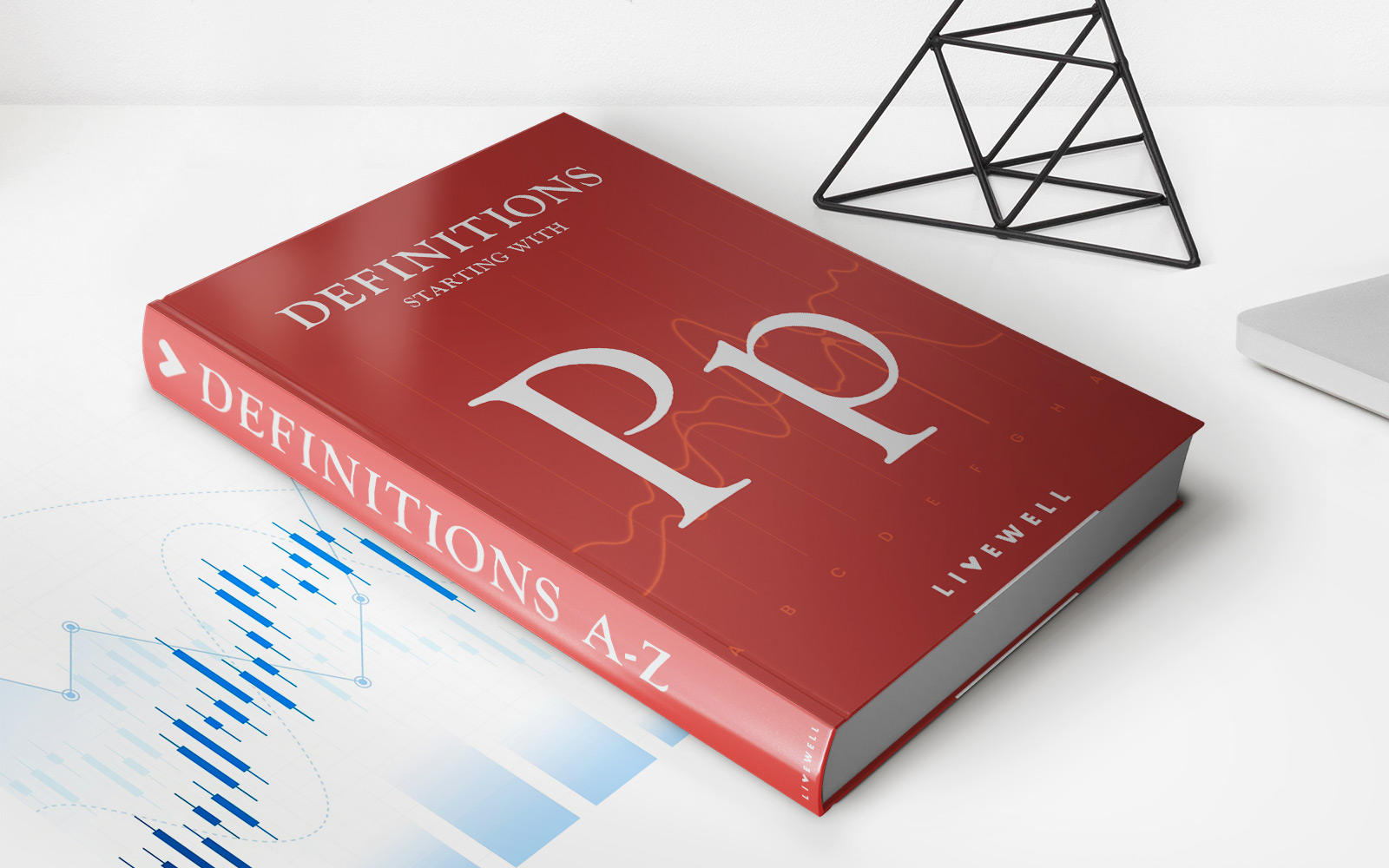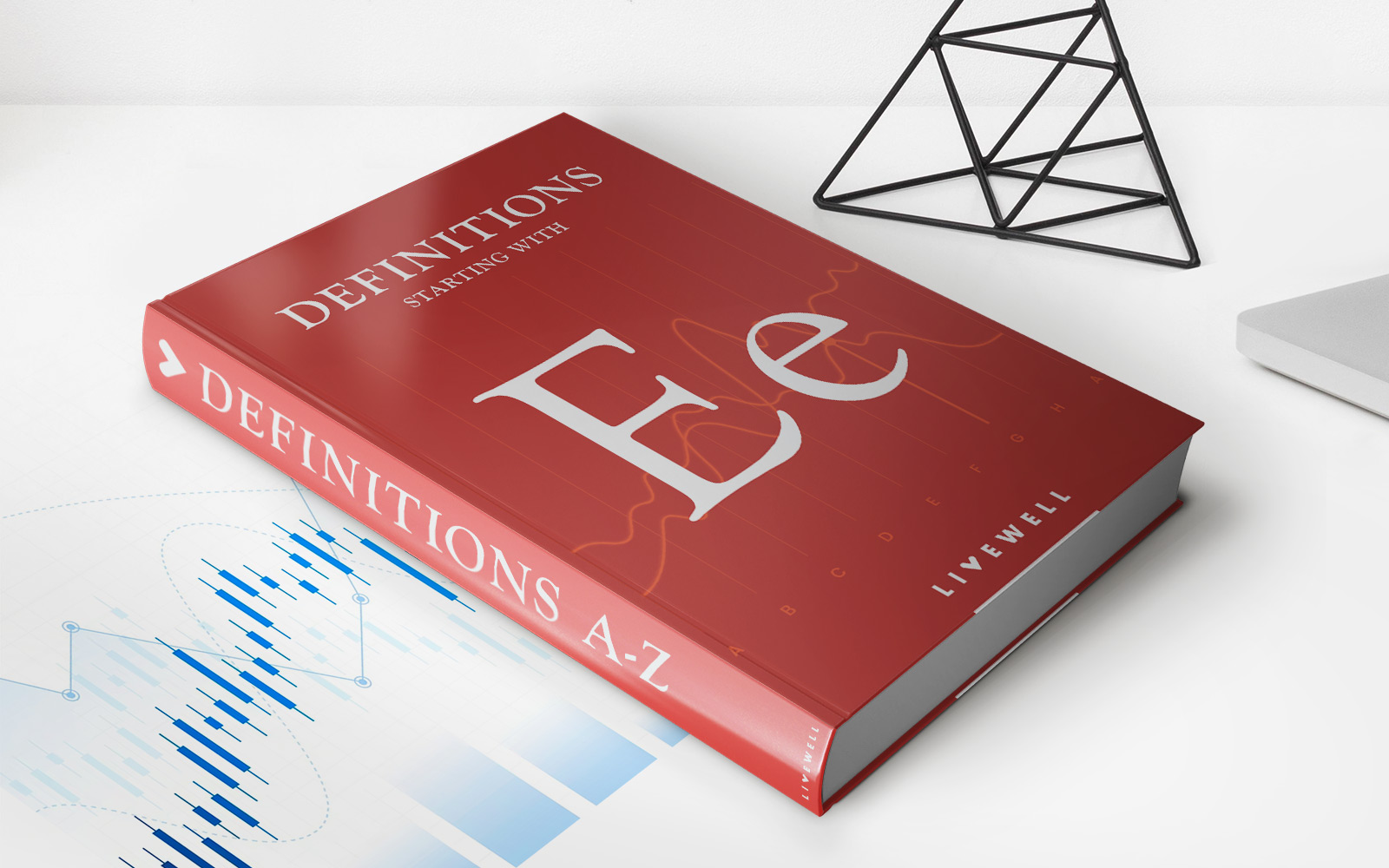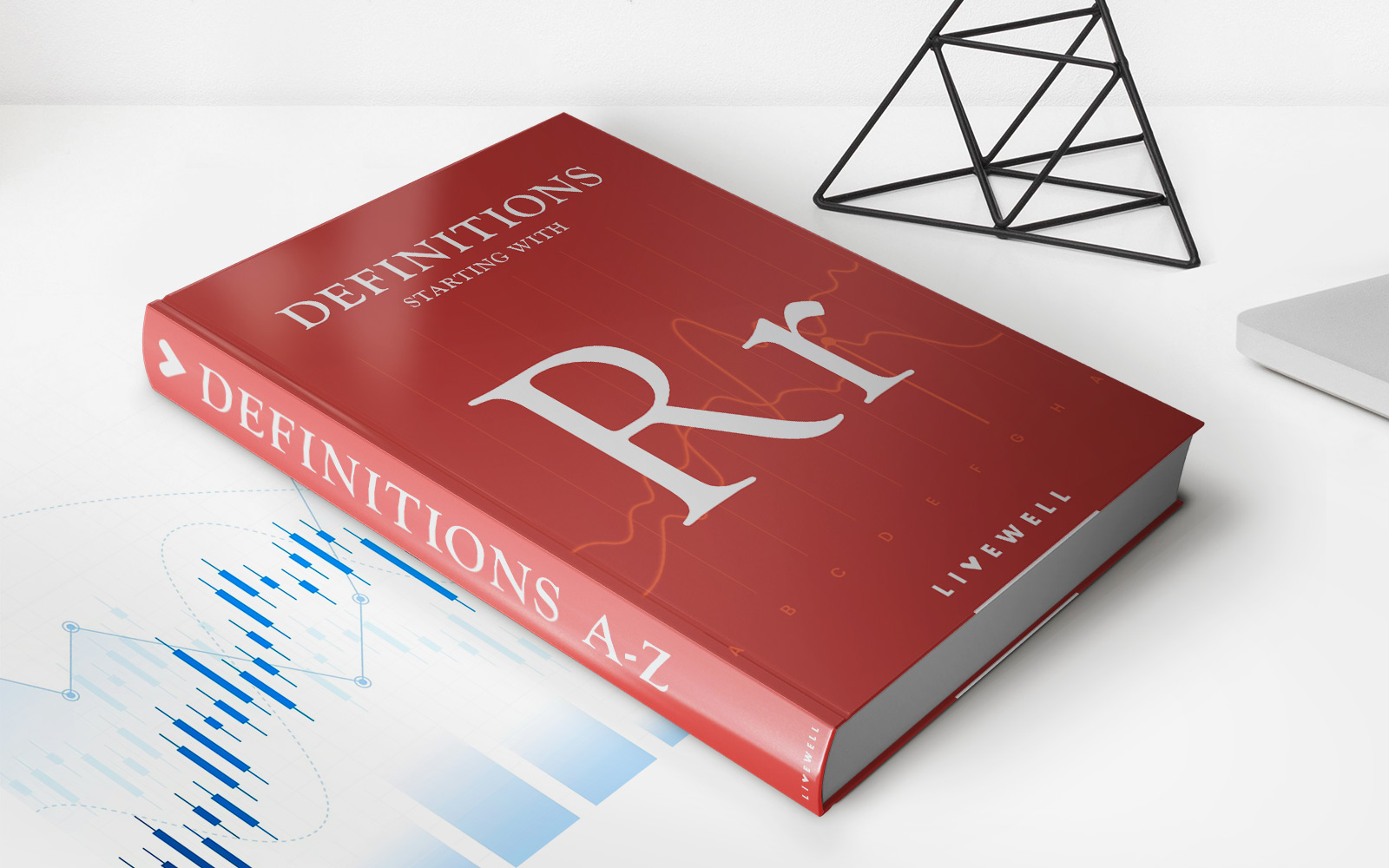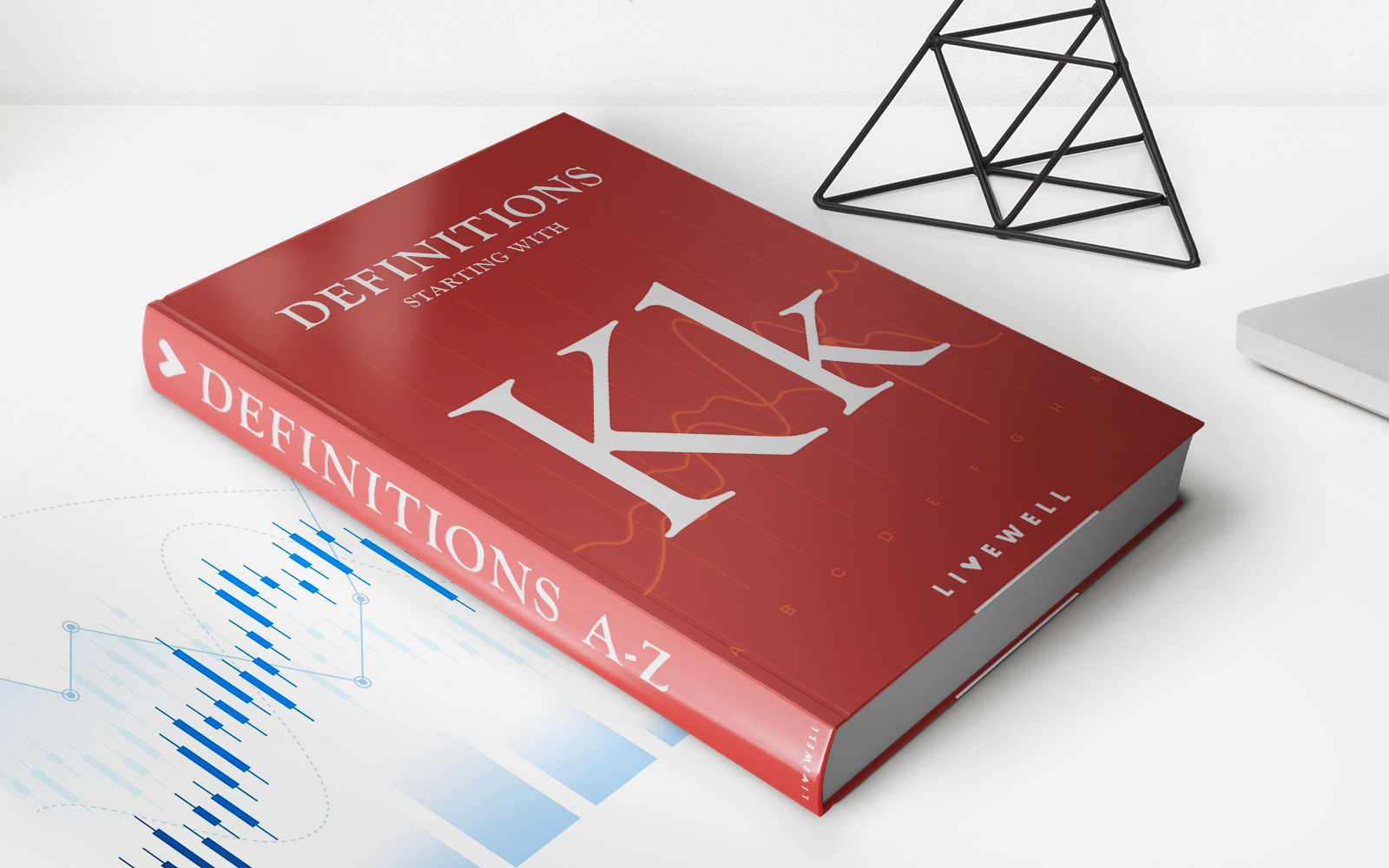Home>Finance>Claims-Made Policy: Definition, How It Works, And Coverages
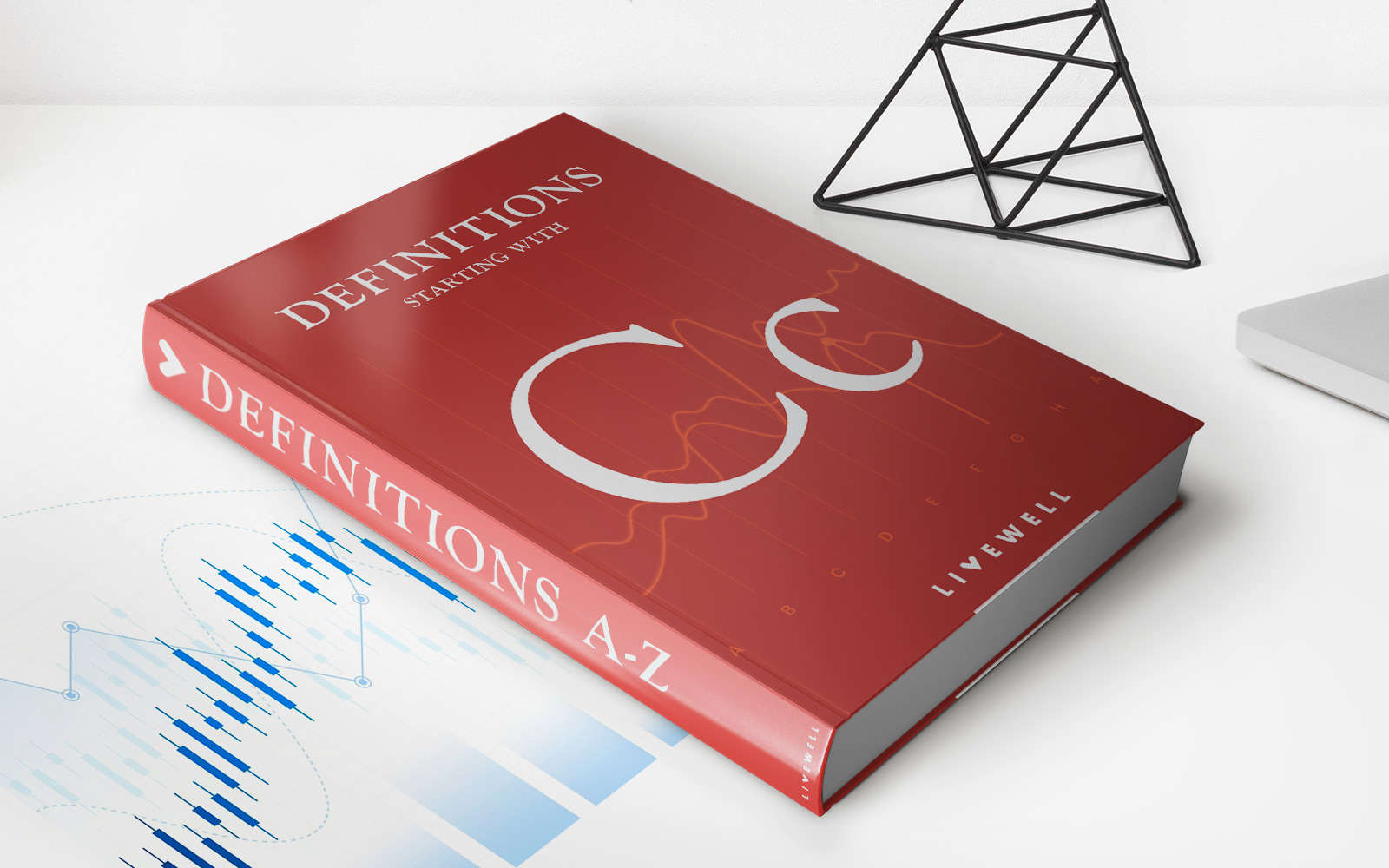

Finance
Claims-Made Policy: Definition, How It Works, And Coverages
Published: October 27, 2023
Learn about finance-related claims-made policies, including their definition, how they work, and the coverages they provide. Gain a comprehensive understanding of this important aspect of the finance industry.
(Many of the links in this article redirect to a specific reviewed product. Your purchase of these products through affiliate links helps to generate commission for LiveWell, at no extra cost. Learn more)
Claims-Made Policy: Definition, How It Works, and Coverages
Welcome to another informative blog post in our “FINANCE” category! Today, we are going to delve into the world of insurance and discuss a specific type of policy known as the claims-made policy. Have you ever wondered what a claims-made policy is, how it works, and what coverages it provides? If so, you’ve come to the right place! In this post, we will provide you with a comprehensive overview to help you better understand this essential type of insurance policy.
Key Takeaways:
- A claims-made policy provides coverage for claims made during the policy period, regardless of when the incident actually occurred.
- With a claims-made policy, it is crucial to continuously renew or secure supplementary coverage to ensure protection for past incidents.
Understanding Claims-Made Policy
A claims-made policy is a type of insurance policy that provides coverage for claims made during the policy period itself, rather than when the incident causing the claim took place. This is different from occurrence-based policies, which provide coverage for incidents that occurred during the policy period, regardless of when the claim is made. The claims-made policy’s defining characteristic is that it covers claims that are both made and reported within the policy period.
Let’s take a closer look at how a claims-made policy works. Suppose you have a professional liability claims-made policy that covers your business for the calendar year 2022. During that year, if a claim arises due to a covered incident that took place in 2020 or 2021, you would be eligible to file a claim and receive coverage. However, after 2022, if you do not renew your policy or secure supplementary coverage, you would no longer be protected for claims arising from incidents that happened in previous years.
Coverages Provided by Claims-Made Policy
Now that we have a good understanding of what a claims-made policy is and how it works, let’s explore the coverages it provides. Claims-made policies are commonly used in professional liability insurance, such as errors and omissions (E&O) insurance, directors and officers (D&O) insurance, and malpractice insurance.
Here are some key coverages typically offered by claims-made policies:
- Legal defense costs: If a claim is made against the insured party, the claims-made policy will generally cover the costs associated with legal defense, including attorney fees, court fees, and settlements.
- Indemnity coverage: The policy may also provide coverage for any indemnity payments that the insured party is legally obligated to pay as a result of the claim.
- Prior acts coverage: Depending on the policy, there may be an option to secure prior acts coverage, which extends the coverage to incidents that occurred before the policy inception date. This can be crucial for protecting against claims arising from past actions.
It is worth noting that claims-made policies often have specific terms and conditions that need careful consideration. These policies typically require the insured party to report any potential claims or incidents as soon as possible, as failure to timely report may result in denial of coverage.
Conclusion
In conclusion, a claims-made policy is a specific type of insurance policy that offers coverage for claims made during the policy period, regardless of when the incident occurred. It is crucial to understand the key takeaways when it comes to claims-made policies:
- Claims-made policies cover claims made within the policy period, requiring continuous renewal or supplementary coverage to protect against past incidents.
- These policies provide coverage for legal defense costs, indemnity payments, and may offer options for extending coverage to prior acts.
We hope this blog post has shed light on the complex yet important world of claims-made policies. By understanding how they work and the coverage they provide, you can make informed decisions to protect yourself and your business from potential risks. Stay tuned for more valuable content from our “FINANCE” category, where we strive to provide you with the latest insights to help you navigate the world of finance.

